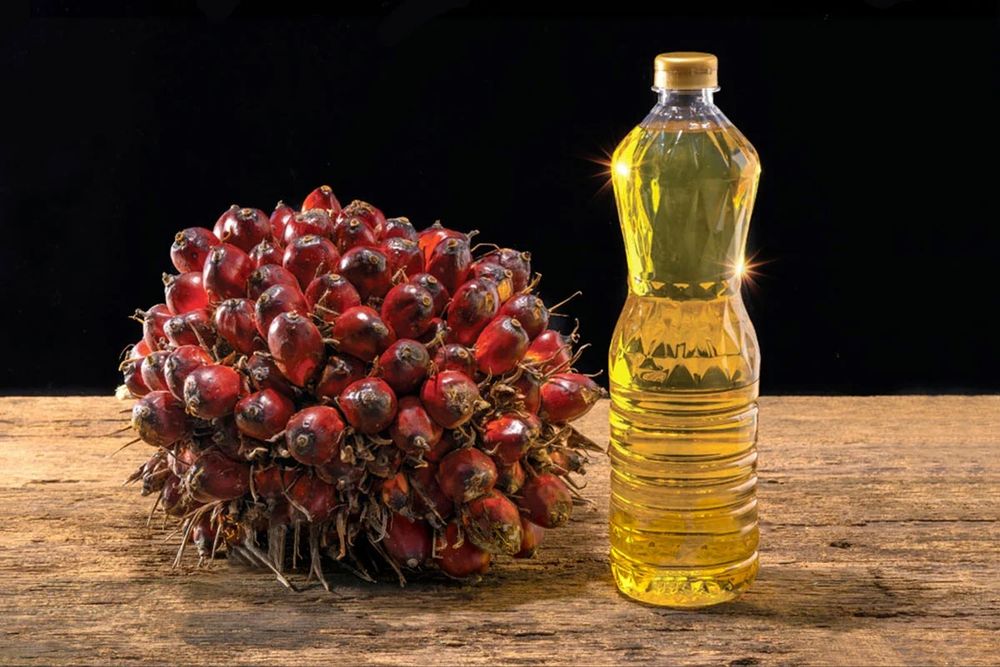Sustainable Palm Oil Players Discuss Implementation Of EU Deforestation Regulation

One month on from the adoption of the EU Deforestation Regulation (EUDR), industry leaders, smallholder representatives, civil-society experts and government representatives came together to discuss the best path forward.
Nearly 300 attendees gathered in Frankfurt (Main), Germany, for the Sustainable Palm Oil Dialogue (SPOD) on 14 June, to exchange views on how this regulation can be most effectively implemented in the 18-month transition period.
The organisers reaffirmed support for the regulation and reiterated that the sustainable palm oil sector is already relatively advanced, in terms of traceability. Participants discussed the remaining challenges and solutions to ensure that no one – particularly smallholders and small and medium enterprises – is left behind.
“Risk mitigation has to be holistic – encompassing and balancing social risks, as well as environmental issues associated with your operations and supply chains,” Sophia Gnych, Policy Analyst at OECD, stressed in her keynote speech. “Comprehensive and ongoing due diligence and risk mitigation is now part of the cost of doing business.”
To demonstrate due diligence, as required by the EUDR and other upcoming legislation, companies need transparent supply chains.
While there is a growing number of traceability solutions available, to date, they are barely interoperable. At SPOD, participants had the opportunity to discuss data standards, sharing, and interoperability.
The Initiative for Sustainable Agricultural Supply Chains (INA) presented the Digital Integration of Agricultural Supply Chains Alliance (DIASCA) as a multi-stakeholder approach towards interoperability between different IT solutions. RSPO introduced its plans for a new digital platform for traceability that will also allow members to report on the conventional parts of their supply chains.
In the oleochemical sector, traceability is even more complex. Participants had the opportunity to understand the unique dynamics of the oleochemical supply chain, from market shortages to specific traceability challenges for derivatives.
While the EUDR can be a chance to improve transparency in the sector, it remains vital to preserve smallholder access to the EU market. Companies that exclude smallholders, in an attempt to de-risk their supply chain, do not contribute to solving deforestation. To ensure smallholder inclusion and tackle other social and environmental issues together, with all relevant stakeholders, landscape and jurisdictional approaches will play an important role.
“If we involve smallholders, we can change many things on the ground,” commented Rukaiyah Rafik, Head of FORTASBI Secretariat.
Positive change requires voluntary measures, such as pre-competitive dialogue, certification and financial investment, as well as mandatory measures, such as the EUDR.
SPOD 2023 also hosted this year’s Innovation Fair, organised by Sustainable Palm Oil Choice (SPOC) and Wageningen University & Research. Eight innovators presented their concepts, with attendees voting for the one that they found most promising.
The winner of the Innovation Fair was Palmas del Ixcán, from northern Guatemala, an agro-industrial company dedicated to the sustainable cultivation of palm oil in close cooperation with smallholder farmers.
SPOD 2023 was jointly organised by the Roundtable for Sustainable Palm Oil (RSPO), IDH, the Forum for Sustainable Palm Oil (FONAP), and INA.
Read also
Wheat in Southern Brazil Impacted by Dry Weather and Frosts
Oilseed Industry. Leaders and Strategies in the Times of a Great Change
Black Sea & Danube Region: Oilseed and Vegoil Markets Within Ongoing Transfor...
Serbia. The drought will cause extremely high losses for farmers this year
2023/24 Safrinha Corn in Brazil 91% Harvested
Write to us
Our manager will contact you soon



